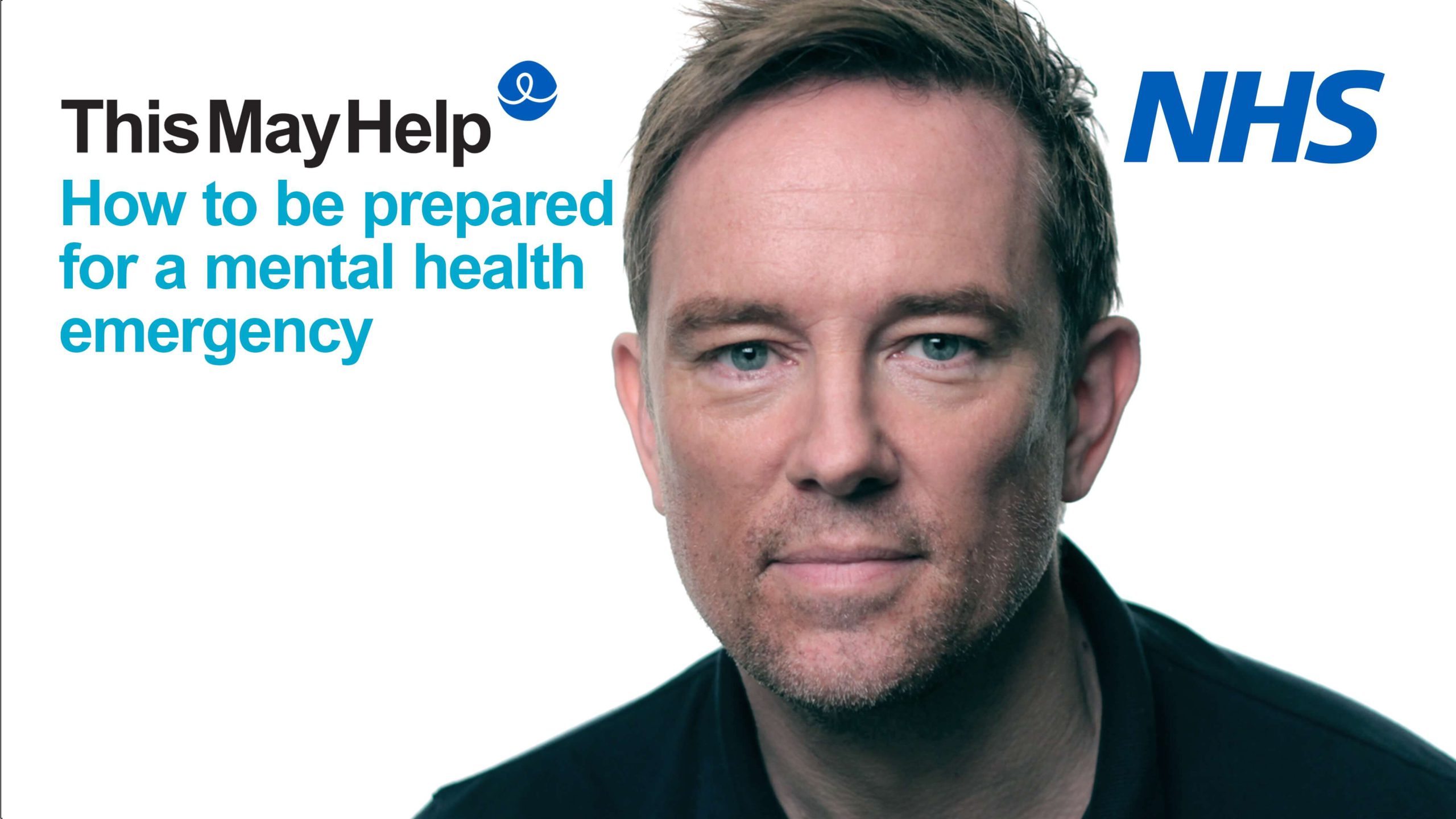Having to take your child to A&E during a mental health emergency can be extremely harrowing, and, even if you have been before, it can be hard to remember everything that you might need to do or take with you in the heat of the moment.
In this video Simon Thomas shares advice from NHS mental health professionals on what parents can do to be prepared for an emergency visit to A&E for a mental health emergency.

Have a bag ready
If you think that there’s a chance you might have to take your child to hospital for a mental health emergency, then you may find it helpful to have a bag ready with everything you might need. It will also help to write down as much information beforehand to save you from trying to remember stuff or having to keep explaining things when you’re there.
Things to keep in your emergency bag
- With mental health emergencies, parents cannot leave the hospital and it’s likely that you’ll be there overnight or possibly even a few nights. Take fresh underwear, a toothbrush and some toiletries to allow you to freshen up when necessary.
- Take something to keep you occupied, like books, puzzles and quizzes, or craft materials for things like knitting or drawing. Fidget toys and stress relievers can also be helpful. It’s also a good idea to take a notebook and pen to make any notes of anything you may need to remember.
- You will need money for things like the car park or the vending machines, so having a wallet or purse with some money in change ready will save you from hunting around at the last minute,
- You will probably need a mobile phone charger but if you only have one then you won’t be able to keep it in your A&E bag, so it will help if you either get a spare or stick a note on the bag to remind you to take it.
Be prepared for what happens when you get back
As well as getting through the experience itself, there is also the emotional challenge to face when you get back home and when you and your child next see family and friends. This can be difficult if you’re worried about what other people might think, so think beforehand about what you’re going to tell people and how it’s likely to play out will make things easier. It’s perfectly acceptable to make something up if you don’t want to tell the truth but you need to make sure that it’s plausible and isn’t going to make matters worse should the truth come out.
Some additional resources that may help.
- For advice on parenting a child with mental health issues, visit our dedicated page
- NHS advice for supporting the mental wellbeing of others. Better Health: Every Mind matters
- For information on how to access NHS Mental health services click here